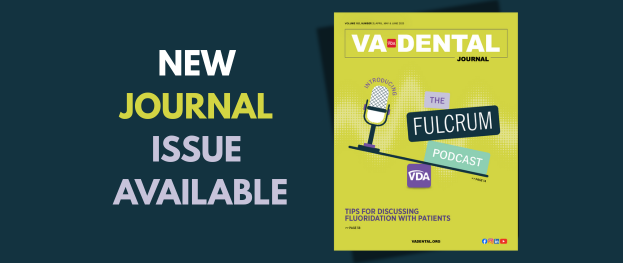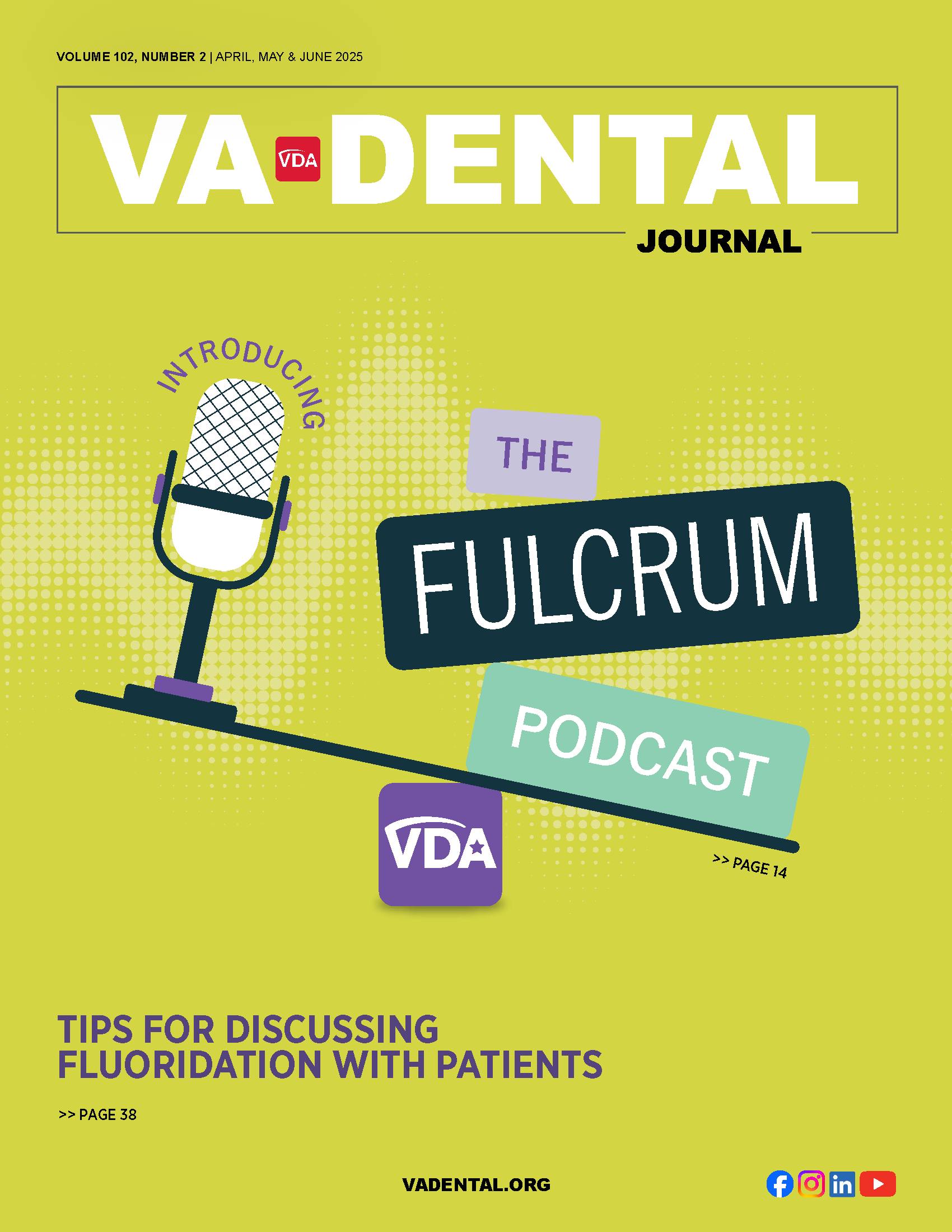ADA comments on CMS’ proposed Affordable Care Act regulations
Association supports including adult dental services as essential health benefits
The American Dental Association submitted comments Jan. 4 on the Centers for Medicare and Medicaid Services’ proposed 2025 Notice of Benefit and Payment Parameters for the Patient Protection and Affordable Care Act. The ADA’s comments highlighted its support for CMS’ proposal to remove a current prohibition on adult dental coverage in states’ Essential Health Benefits Benchmark Plans.
In its proposal, CMS noted that oral health conditions can increase risk for other chronic medical conditions and indicated that states could include adult dental services as an essential health benefit. In a letter to CMS Administrator Chiquita Brooks-LaSure, the ADA urged CMS to “clearly define the benefit design that would be an acceptable benchmark for [essential health benefit] dental plans.”
Currently, dental benefit coverage for adults is not considered an essential health benefit. The ACA requires all health insurance plans available through the individual and small-group marketplaces to include essential health benefits in non-grandfathered health plans. Essential health benefits include coverage for, but are not limited to, primary care services, ambulatory patient services, substance abuse services and pediatric dental services.
The ADA said that an essential health benefit benchmark plan for adult dental services should include necessary services that are reasonable and appropriate for diagnosis, treatment and follow-up care, including supplies, appliances and devices. It said the benchmark plan should include services prescribed by qualified health care providers “in treating any condition, illness, disease, injury or birth developmental malformations for the purpose of: controlling or eliminating infection, pain and disease; and restoring facial configuration or function necessary for speech, swallowing or chewing.”
The ADA stated that a dental benefit plan should include the following categories: diagnostic, preventive, emergency care, restorative, oral and maxillofacial surgery, endodontics, periodontics, prosthodontics and orthodontics.
The ADA also shared support for continuing to allow adult dental benefits to be offered outside a qualified health plan through stand-alone dental plans. The letter stated that consumers should have access to dental benefits through either a qualified health plan or a stand-alone dental plan, and that states should apply consumer protections — related to cost sharing, annual and life-time plan limits, out of pocket maximums, network adequacy and dependent coverage — to these dental plans.
“The ADA would support stronger policies with regards to reasonable assurance to ensure individuals and small groups both inside and outside the marketplaces include an offer of adult dental benefits for consumers,” the letter said.
At present, pediatric dental essential health benefits are considered optional coverage, unlike every other essential health benefit. This means purchase of dental coverage is not required for people who are 18 and younger even though it is available.
The ADA stated that previous issues related to the implementation of pediatric dental benefits as optional unlike other essential health benefits should not occur if adult dental benefits are considered an essential health benefit. The Association ultimately urged CMS to guide states toward assuring the purchase of adult dental benefit coverage.
The ADA also noted that many states may be hesitant to adopt this new essential health benefit as there is currently a patchwork of states that do not offer comprehensive dental coverage for adults with their Medicaid programs. While CMS is now allowing states the option to add routine adult dental services as an essential health benefit by updating their essential health benefit-benchmark plans, the ADA encouraged CMS to “provide guidance on how states that offer a limited or no Medicaid adult benefit could incorporate affordable dental benefit plans for purchase by consumers through the marketplace.” Without guidance, the ADA noted that this could still leave many people with limited to no adult dental coverage.
The ADA’s letter also suggests the creation of a dental loss ratio, stating that stand-alone dental plans or qualified health plans that offer bundled products should file a comprehensive dental loss ratio report annually. Currently, qualified health plans for medical insurance have to file a comprehensive medical loss ratio report annually, and provide rebates to consumers if premiums cover more than 20% of administrative expenses.
The ADA asked CMS and HHS to establish a specific loss ratio for dental plans. It also discusses incentives for states that maintain state-based marketplaces, which the ADA said warrant CMS providing technical assistance and funding for states to update their systems.
For more information on the ADA’s advocacy, visit ADA.org/Advocacy.







